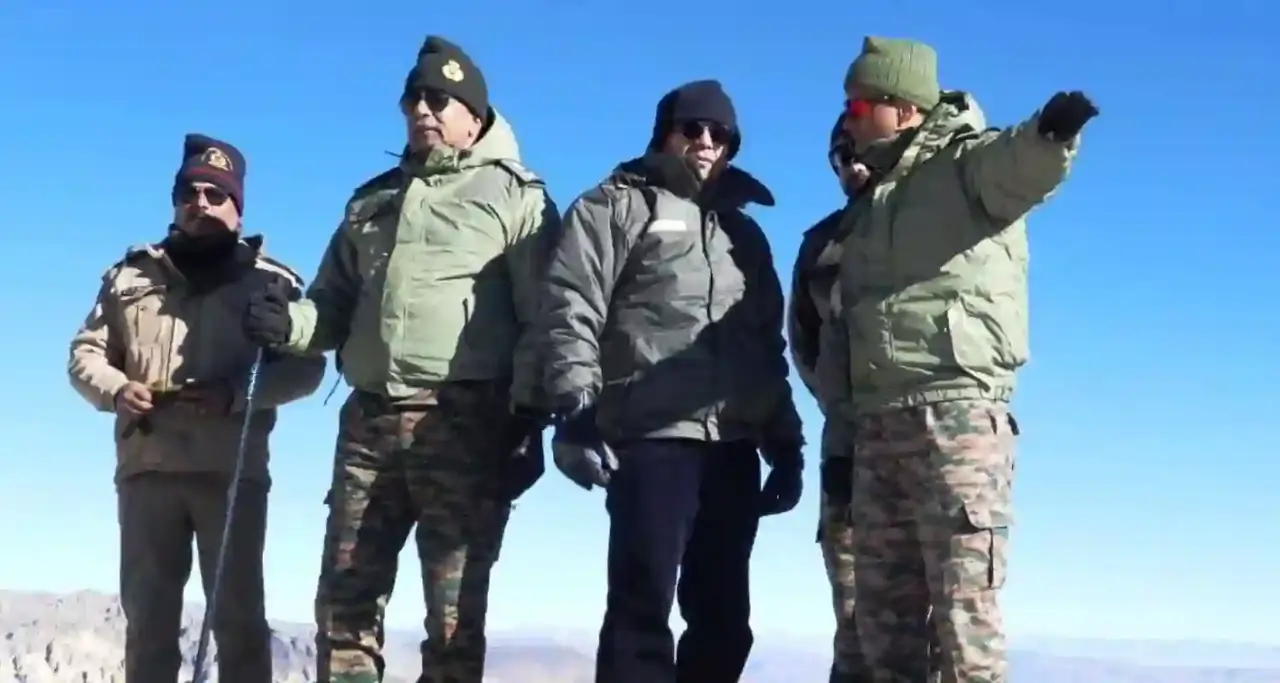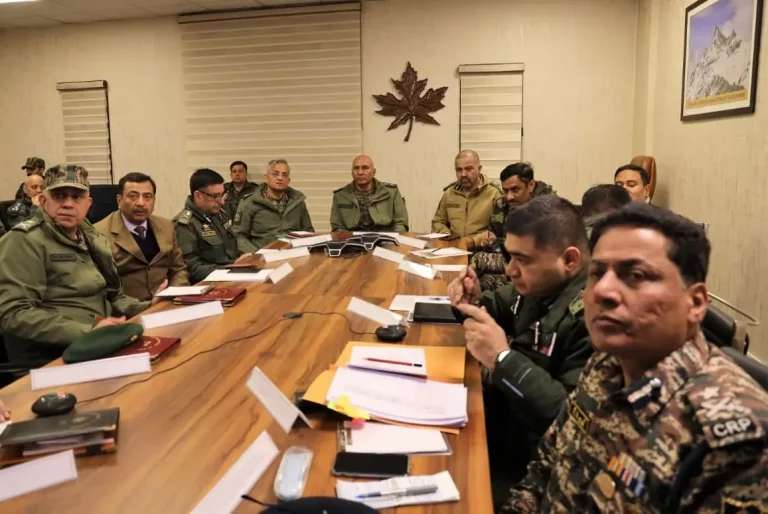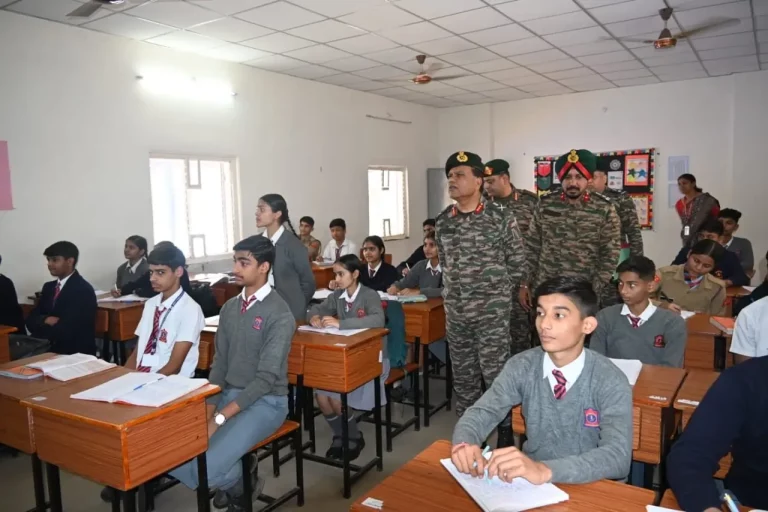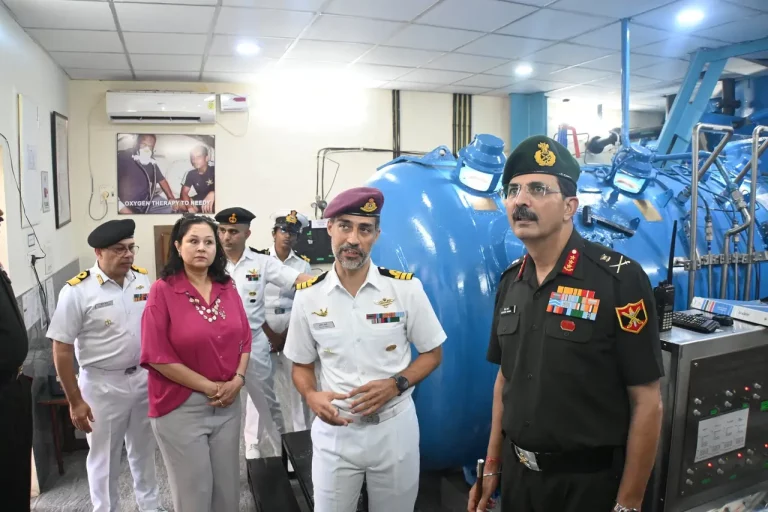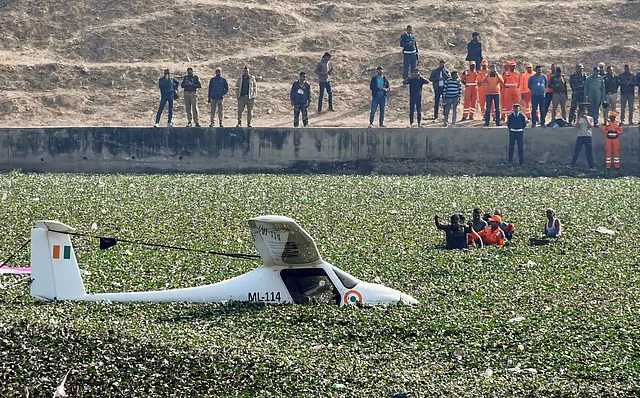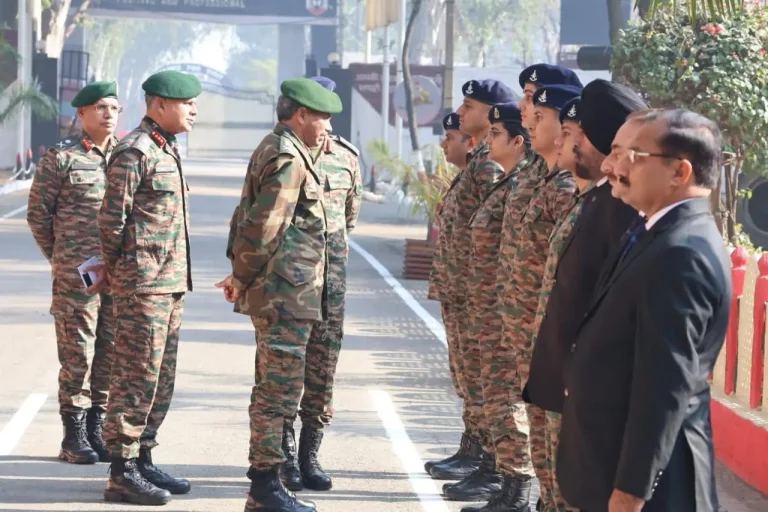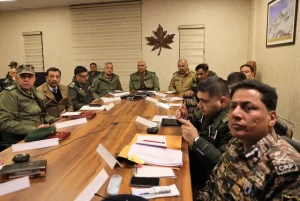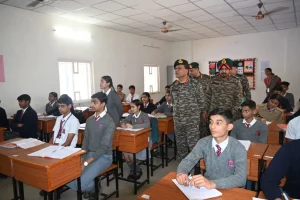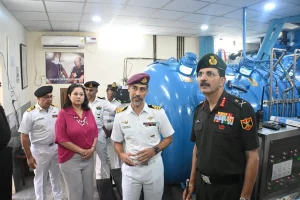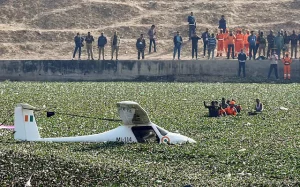Ladakh’s Lieutenant Governor, Kavinder Gupta, has given the green light to sixteen crucial defense and infrastructure projects within the Karakoram and Changthang wildlife sanctuaries. This decision melds strategic military needs with rigorous ecological safeguards, marking a significant advancement in the Union Territory’s development policy.
The approvals were granted during the 14th meeting of the State Board for Wildlife and encompass initiatives submitted by the Indian Army, the Power Development Department (PDD), and the Border Roads Organisation (BRO). The decision exemplifies a balanced approach to enhancing national security infrastructure while emphasizing the preservation of Ladakh’s delicate high-altitude ecosystem.
Gupta highlighted that while bolstering defense infrastructure is vital for maintaining border security in Ladakh, it cannot come at the expense of the region’s rich biodiversity. Each of the sixteen projects is required to strictly adhere to the guidelines set forth in the Biological Impact Assessment Report, which outlines comprehensive mitigation measures aimed at preventing habitat disruption and ensuring the protection of wetlands as well as local flora and fauna.
The Lt Governor reiterated the importance of rigorous environmental oversight for all construction and operational activities within these sanctuaries. Departments involved in the projects have been directed to comply with stringent directives from the Department of Forest, Ecology and Environment.
In line with these sustainability efforts, Gupta also emphasized full compliance with Supreme Court mandates from the MK Ranjitsinh vs Union of India case. This includes the installation of vital safety measures such as bird-flight diverters, cable insulation systems, and collision-prevention mechanisms on overhead lines. These initiatives are particularly important for safeguarding both migratory and resident bird species that depend on Ladakh’s high-altitude wetlands.
The region’s cold desert environment is home to rare and endangered wildlife, including the iconic black-necked cranes, elusive snow leopards, and various migratory waterbirds. Gupta asserted that development in these vulnerable frontier areas must align with conservation efforts to ensure that Ladakh’s natural heritage is preserved for future generations.
To further reinforce ecological responsibility, the Lt Governor has mandated the Army and BRO to implement and maintain scientific waste management systems across all operational sites. This encompasses stringent protocols for waste segregation, processing, and disposal using contemporary, eco-friendly technologies. In a decisive move, he has imposed a complete ban on the disposal of leftover food or trash outside the designated military and BRO premises, emphasizing that continuous environmental monitoring will be in place to uphold accountability among all involved agencies.
The clearance of these sixteen projects represents a pivotal step toward reconciling national defense objectives with ecological responsibility. Ladakh’s strategy of intertwining military preparedness with robust environmental protections serves as a precedent for responsible infrastructure development in some of India’s most sensitive and strategically critical border regions.
